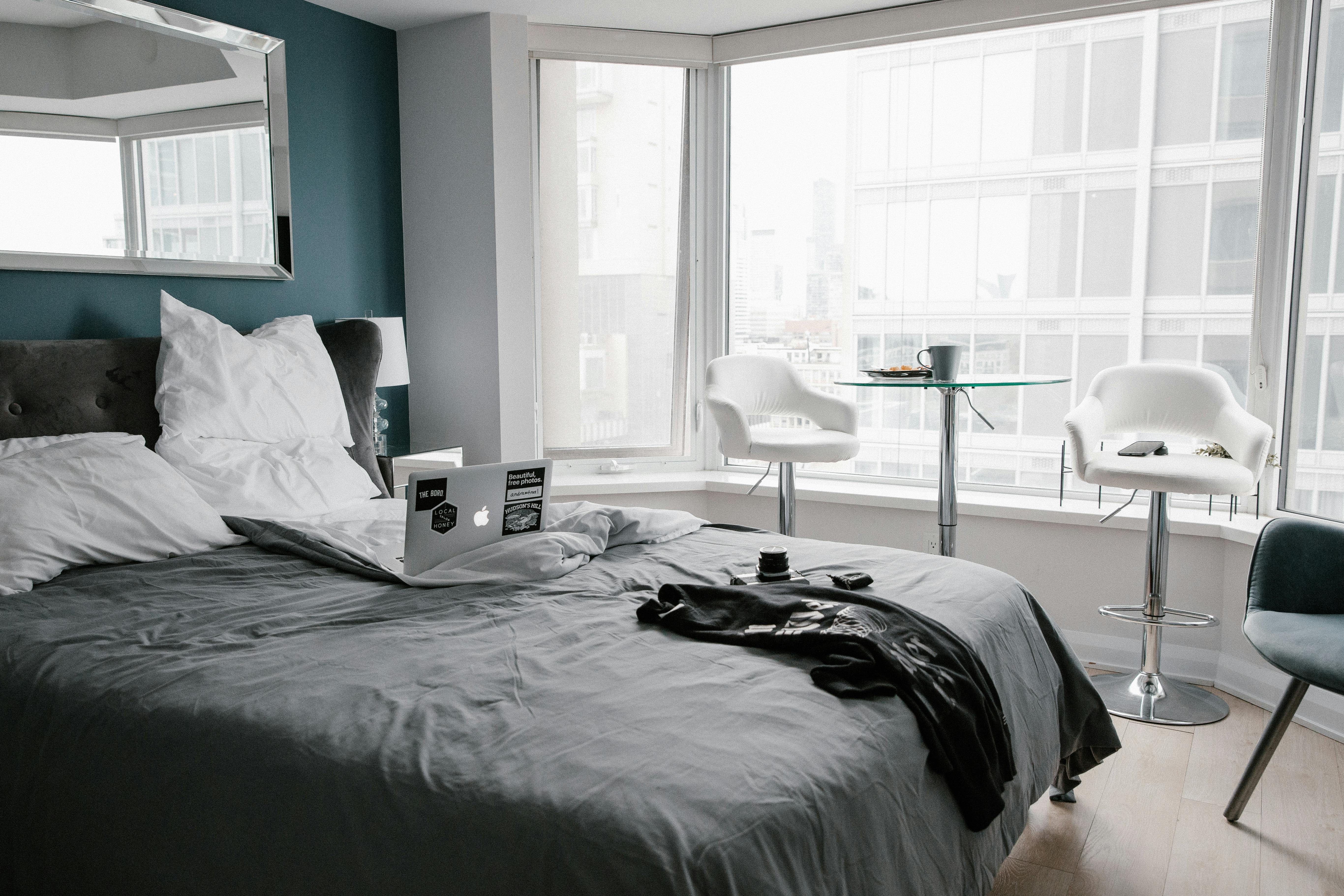Is working from home likely to increase or decrease your risks?
Many people say that working from home brings benefits for both the employer and the employee, as well as many people who are self-employed, but it is also important to consider the negative aspects, including the risks that it can cause, or at least increase. . Can they be offset by reductions in other risks? Can we find reasonable control measures that allow us to maximize benefits and minimize risks?
Who benefits?
From the employer’s point of view, the main benefit is probably the savings in the amount of office space required. This is also a benefit for the self-employed.
From an employee’s point of view, the elimination of commuting is probably a big draw, but for some, the ability to work in an environment of their own choosing and the absence of distractions like unnecessary supervision and office politics are the Main benefits. allowing them to really focus on work and work with the timescales and paces that suit them and allow them to work at their optimal pace.
Some would counter this by saying that there can be as many distractions at home as at the office, especially during school holidays. Obviously this is going to be more important to some than others and you need to find what is best for your situation.
Will they take you for a ride?
Some employers are cautious about allowing work from home due to the risk of employees taking advantage and doing too little work. Some companies try to mitigate this by requiring staff to complete worksheets to account for their time. Some even require a certain number of keystrokes on the computer. Unfortunately, these control measures are often ineffective, ineffective and counterproductive. I would advise measuring results rather than inputs. If a person can do the job to a satisfactory level, then it shouldn’t matter whether the time taken was longer or shorter than the norm. And obviously the opposite is equally true. However, it must be recognized that some jobs lend themselves more to production measurement than others.
What about health and safety?
Some people worry that homeworkers risk damaging their health by using poorly designed workstations and not taking adequate breaks from repetitive tasks. Some even suggest that employers should conduct health and safety checks on employee facilities. That might be justified if there was a lot of physical labor involved and the premises in question amounted to a workshop, but it’s probably too intrusive if someone is simply using your home as an office. A sensible compromise might be for the employer to insist that all employees receive adequate training in safe and healthy ways of working.
Cyber risk.
This is one of the most serious risks and one that is often overlooked. If an employee is using their own computer or even a device linked to a computer, it is essential that they maintain all cyber security standards that would apply if they were working in the office on the company computer. This means setting a company-wide policy for things like passwords, backups, encryption, malware protection, and firewalls, as well as rules for using the internet and social media. A similar approach to data protection and business confidentiality risks offline is also necessary, to ensure that other people living in the home, or even visitors, do not have access to company documents.
The other side of the question.
However, it would be a mistake to overemphasize risks. In some way, home work can reduce risks. My home is less likely to be attacked than most offices by people looking for valuable information. There is also a reduction in certain risks, if people do not concentrate in one place. In the case of a physical accident in an office, there could be multiple victims, while this is much less likely with people who work from home. Similarly, damage from a fire, flood, or storm in an office could cause the company to close, at least temporarily, whereas such a total closure would be highly unlikely if workers were at their various locations. homes.
Balance!
My advice is to weigh the risks in your particular situation, along with other costs and benefits, and see what steps you should take to control them, rather than making general assumptions that home work is good or bad.
And the environment?
Finally, remember that from a societal point of view, reducing passenger traffic is something to be appreciated.
